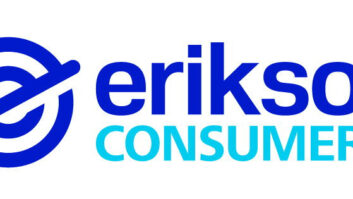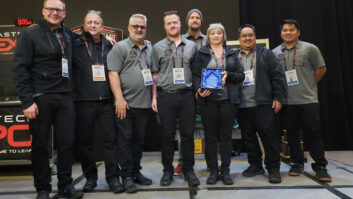
Joan Jett may not give a damn ’bout her reputation, but corporations certainly do.
As The Harris Poll explains, companies with a solid reputation are more likely to attract investors and top talent, and be seen as responsible members of the community.
Conversely, “Companies with a challenging reputation must work harder to achieve their business goals as stakeholders are more resistant to their growth,” the pollster said.
To help gauge the public’s opinion of a corporation’s character, Harris did what it does best and, as it has for the past 19 years, asked 25,800 U.S. adults to rate the 100 highest-profile American businesses.
The evaluations were based on six different criterion: products and services; social responsibility; vision and leadership; financial performance; workplace environment; and the more intangible emotional appeal.
After crunching the numbers, Harris came up with a Reputation Quotient (RQ) score for each company based on a scale of 1-100, with 80 and above considered “excellent,” and anything below 50 deemed “critical.”
Only two companies within the consumer tech and home appliance space rated excellent: Amazon, which bested all 100 businesses with an RQ score of 83.22, and Microsoft, which scored an 80.42.
Costco, the second-highest rated CE/appliance retailer, was on the cusp of excellence with a score of 79.78, followed by Netflix (79.30) and Lowe’s (79.27).
Nobody fell below 50, although Sears (64.09) and Dish (63.03) received the lowest ratings within the CE/majap trade, equivalent to fair and poor, respectively.
Among other major industry players, Samsung scored a 77.56 and Best Buy earned a 75.19, both considered “very good”; and Walmart received a “good” rating of 68.52.
Here’s how our industry’s 10 most reputable companies fared on Harris’s Top 100 list.














